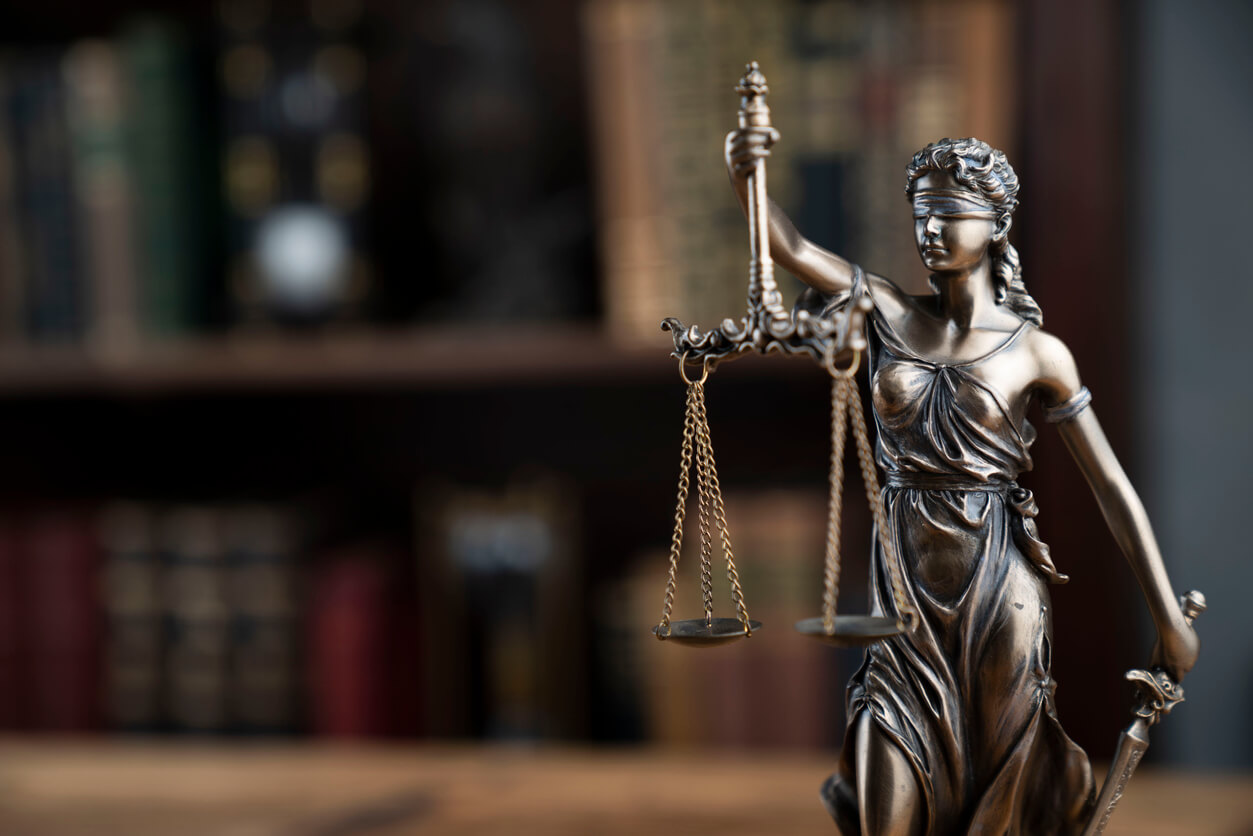Prosecutors cannot possibly take every single case to trial. After a case gets assigned to a prosecutor, they have to decide whether to drop the charges, work out a deal with the defendant’s lawyer, or try the case. These decisions usually happen out of sight of the defendant, who might be left wondering about the reason behind the prosecutor’s choice. Defense counsel should be communicating with the client and the prosecutor so that the client is aware of whatever the attorney knows about the prosecutor’s motivations, and the prosecutor is aware of issues the client raises that might result in the case being resolved or dismissed short of trial.
This blog will explain how a prosecutor decides to drop charges or take a case to trial. If you face criminal charges, a Seattle criminal defense attorney can protect your legal rights and work hard for the best outcome possible in your situation.
Charges Can Get Dropped When the Prosecutor Cannot Secure a Conviction
Prosecutors hate to lose. They do not have time to waste on cases they cannot win. If the investigation does not generate enough admissible evidence for the judge or jury to find the defendant guilty, the prosecutor might drop the charges. Still, the prosecutor might wait and hope that additional evidence will turn up before the trial and plan to enter into a plea deal if it does not.
The Judge Throws Out Some of the Evidence Against the Defendant
The defense attorney might file a motion to suppress evidence if the items were taken in violation of the defendant’s rights. Contrary to common beliefs, the police do not always need a search warrant to look for and seize evidence of a crime, but if a warrant was necessary and the police performed a warrantless search and seizure, the judge could refuse to let that evidence get used at the trial.
The lack of a valid search warrant is but one example of the many circumstances that could keep evidence from ever coming in front of the jury. If the defendant’s rights were violated in other ways, evidence could be suppressed, leading to the prosecutor dropping the charges.
Examples of the violation of the defendant’s rights include the following:
- Improper arrest. The police might not have had valid grounds to arrest the defendant. The defendant might have been interrogated improperly, coerced into a confession, refused assistance of counsel, or not advised of their Miranda rights.
- Planted evidence. The police or investigator might have planted evidence on the defendant.
- The prosecutor might withhold evidence that could prove the defendant’s innocence, such as an alibi witness or evidence that someone else committed the crime.
Any of these events could weaken the prosecutor’s case and motivate them to drop the charges against the defendant. You will want to work with a Washington criminal defense attorney from the beginning of your case to try to get the charges dropped before trial. Schedule a paid one-hour consult today for help with your case.

